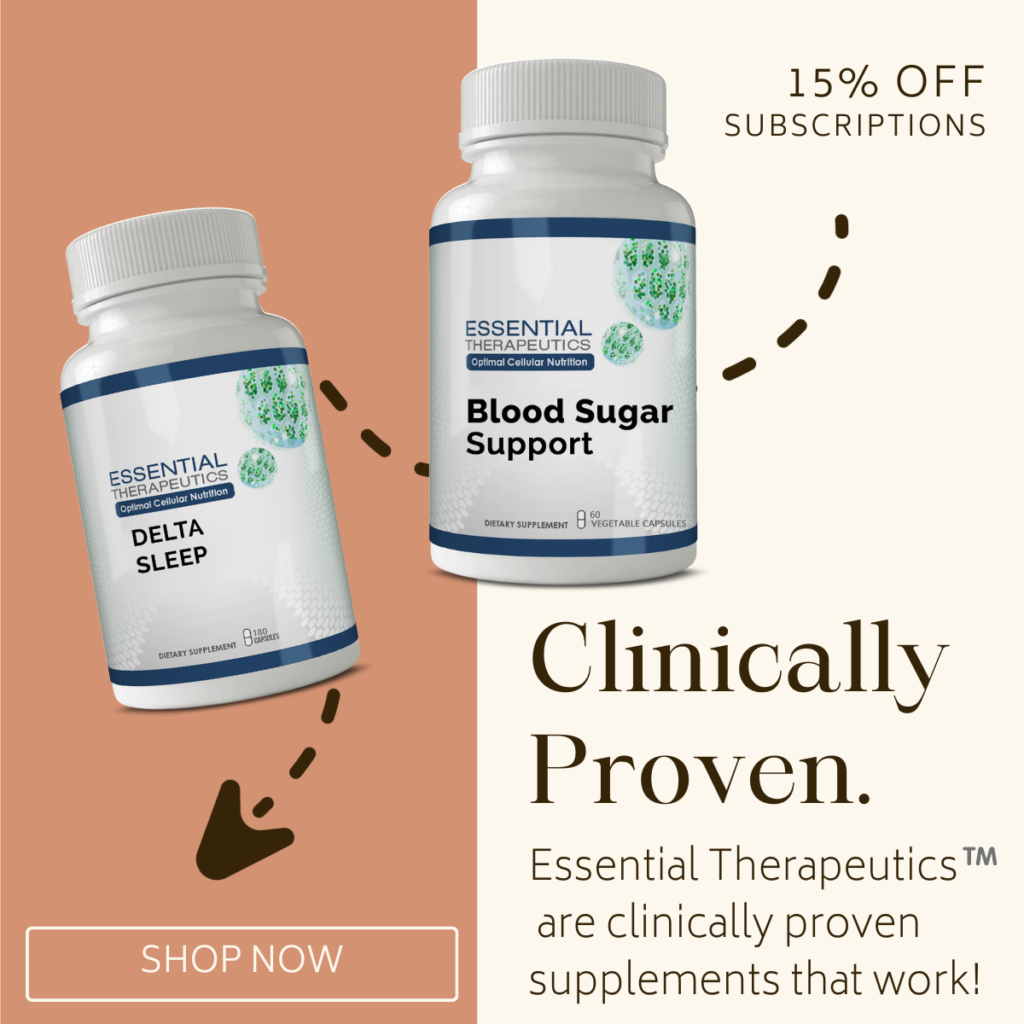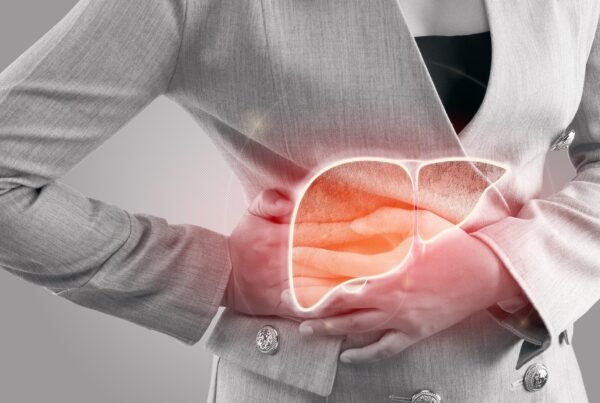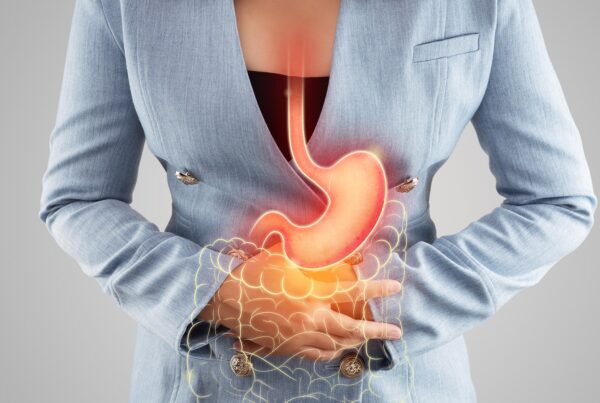Did you know-
Every chronic disease has one thing in common, chronic inflammation. Chronic inflammation is a driving cause of most every chronic disease including allergies, Alzheimer’s, asthma, arthritis, autoimmune diseases, bursitis, cancer, cervicitis, colitis, cystitis, diabetes, gastritis, heart disease, hepatitis, infections, myocarditis, nephritis, neuritis, osteoporosis, prostatitis, sinusitis, tendonitis, and vaginitis.
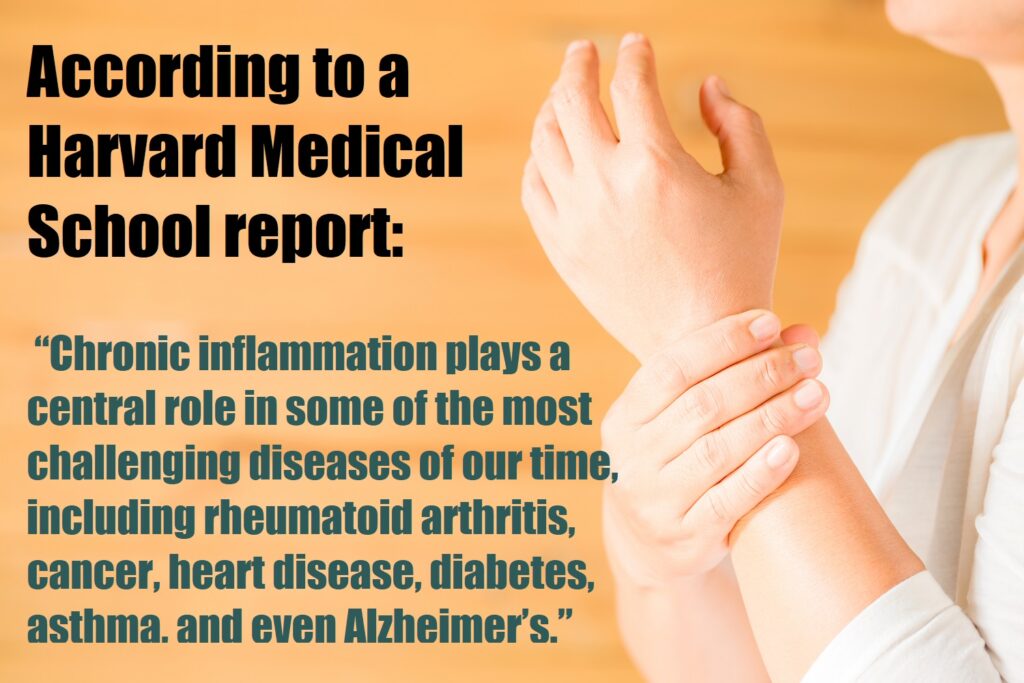
What is inflammation anyway?
Inflammation is the body’s response to injury, irritation or infection. When kept in check, it is a natural and healthy process. If you cut your finger, it’s the inflammatory process that helps heal the wound. Have an infection? Inflammation is key for overcoming it.
Inflammation is beneficial when needed, but can create numerous unwanted health conditions when it is left unchecked and becomes chronic.
Chronic inflammation generates a constant supply of free radicals, and other potentially harmful chemicals.
Histamine, leukotriens, and pro-inflammatory hormones (prostaglandins), cause the blood vessels to dilate or expand. The dilation of the blood vessels causes the area to become hot, red and swollen. The healthy tissue surrounding the damaged area releases anti-inflammatory prostaglandins (PG1 and PG3) to combat the inflammatory prostaglandins (PG2). Certain chemicals (proteolytic enzymes) are responsible for telling the white blood cells that their job is done. These chemicals sound the alarm for the white blood cells to stop attacking and digesting cells and tissues.
Proteolytic enzymes are manufactured to squelch the white blood cells from continuing to eat up cellular debris. As the damaged cells and tissues are removed, less of the pro-inflammatory chemicals and more of the anti-inflammatory chemicals are released. Once the inflammation process is finished, the body begins to repair itself. The balance between inflammation, destruction, and repair is an ongoing process. Normally, this process is kept in check. When the process becomes unbalanced, chronic inflammation takes over.

Symptoms Of Chronic Inflammation Include:
- Digestive issues, including gas, bloating, constipation, diarrhea, acid reflux, etc.
- High blood glucose
- Weight gain, especially around your waist
- Fatigue and constant exhaustion
- Sleep troubles
- Depression and anxiety
- Brain fog
- Skin problems, including psoriasis, eczema, acne, redness, or puffiness
- Headaches and migraines
- Allergies symptoms
- Gum disease
- Frequent cold and illness
- Joint and muscle pains
- Lingering, unexplained, and random pains

What causes inflammation?
There are numerous causes of inflammation including our genes, environment, allergies, physical trauma, infections, blood sugar imbalances, obesity, stress, hypothyroidism, adrenal fatigue, poor sleep, leaky gut, and poor diet choices. However, one of the most common causes of inflammation as you read above, is a poor diet.
Inflammation is not triggered by excessive omega 6 foods, but also by consuming too many refined or simple carbohydrates. In particular, sugar and white flour have been shown to cause inflammation.
Studies show that sugar and white flour increase blood sugar, which then generates inflammatory chemicals. Even a small rise in blood sugar levels can trigger inflammatory chemicals.
Our inflammatory reactions and their chemicals are therefore largely determined by what foods we eat. Eating the wrong foods sets up the stage for inflammation.
Did you know that inflammatory chemicals are stored in our fat cells?
And since most Americans are carrying around at least 20 pounds of excess fat, it is no wonder that arthritis and other inflammatory diseases are out of control in our country.
The average adult weighs 150 pounds; 30% of this is fat. This means that on average a person is carrying around 45 pounds of inflammatory imbalanced fatty acids!
Fat cells aren’t dormant. They are in fact, hormone-producing tissue, that continuously release unwanted inflammatory chemicals.
In fact fat cells, especially those that form around the abdomen, produce large amounts of inflammatory chemicals. Belly fat increases a person’s risk of heart attack, stroke, and cancer. Losing weight is key for reducing chronic inflammation, pain, and increased risk life threatening conditions.

The 2Transformhealth.com diet has helped thousands of my patients lose weight, curing their chronic inflammation. If you’re carrying around some unwanted extra pounds, making an effort to lose weight could help you avoid numerous life robbing diseases.
More About Prostaglandins There are several different groups of prostaglandins, but inflammation is largely controlled by prostaglandin 1 (PG-1), prostaglandin 2 (PG-2), and prostaglandin 3 (PG-3).
Prostaglandins are a group of regulatory hormones produced in the body from fatty acids. Essential fatty acids are essential for our existence. They can’t be manufactured by the body but must be obtained from the foods we eat. Essential fatty acids are made up of polyunsaturated fatty acids (PUFAs).
PUFAs are divided into two families of essential fatty acids (EFAs)
1. Omega 3 oils, including alpha linolenic acid (ALA), are found in flax seed, soybean, walnut, and chestnut oils, as well as some dark green leafy vegetables. Eicosapentaenoic acid (EPA) and docosahexanoic acid (DHA) are omega 3 derivatives and are found in most cold water fish. These fish include salmon, tuna, and mackerel.
2. Omega 6 is found in pure vegetable oils, including sunflower, safflower, and corn oil. Some individuals are genetically unable to convert linoleic acid (LA) into its derivative, gamma linolenic acid (GLA). This can be overcome by taking primrose or borage oil; both are high in GLA.

Excessive consumption of omega-6 fatty acids can cause chronic inflammation. Omega-6 fatty acids are pro-inflammatory, while omega-3s are anti-inflammatory. Historically, humans consumed roughly equal amounts of these oils, achieving a balance. Today, we consume 20 to 30 times as much omega-6 as omega-3.
Grain-fed beef, poultry, and farmed fish contain excessive omega-6. These imbalances create a huge excess of pro-inflammatory chemicals in our diet.
Likewise grain fed cattle produce milk products with an excessive amount of omega-6 fats.
The average AA/EPA of Americans is approximately 11:1. In patients with inflammatory conditions and neurological disorders, the AA/EPA ratio is 20:1 or more. An AA/EPA ratio of 1.5:1 is considered ideal.
This is the ratio found in Japanese populations, which have the highest life expectancy and the lowest rate of inflammation.
One of the best ways to increase your omega 3 levels is to eat deep cold water fish or to take Fish Oil Supplements:
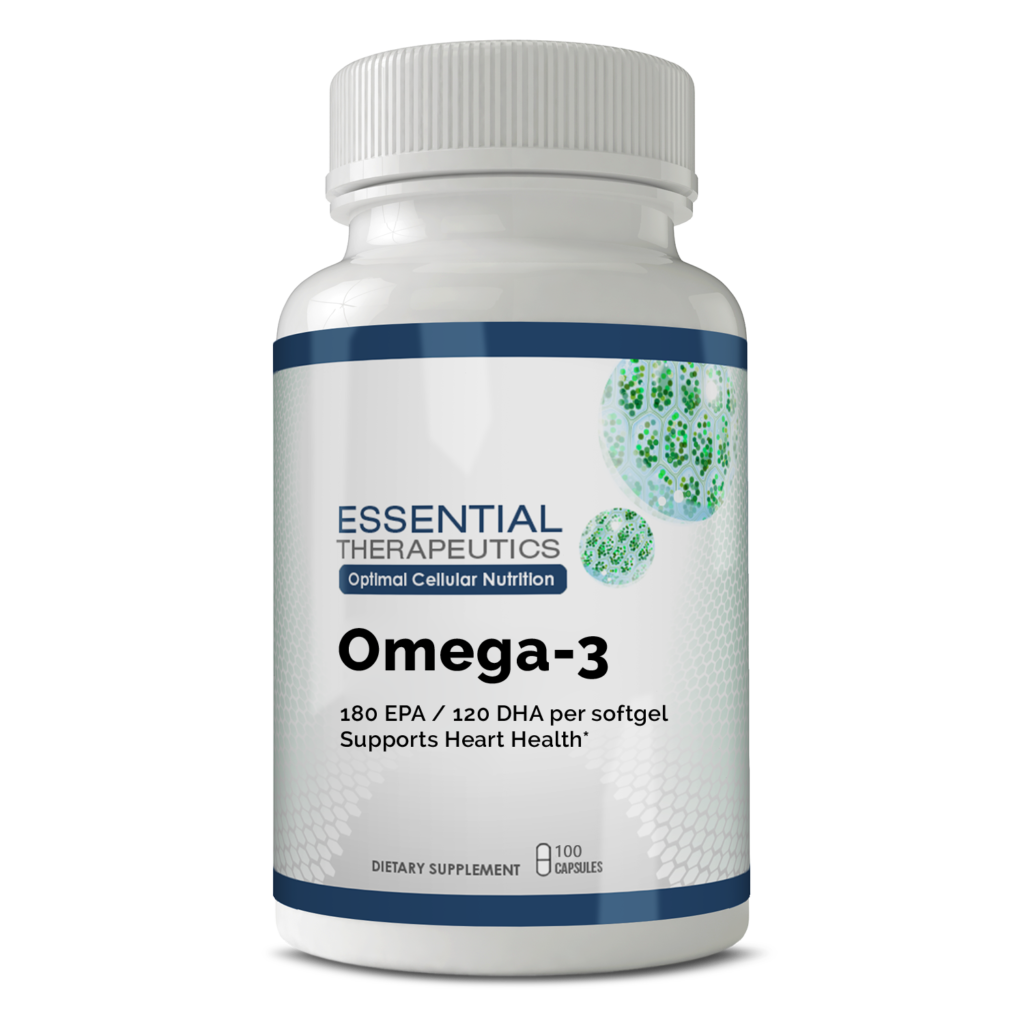
Ultra-pure source of omega-3 fatty acids. Fish Oil Prevents Sudden Death due to cardiovascular disease.
Omega-3 fish oil contains both docosahexaenoic acid (DHA) and eicosapentaenoic acid (EPA). Omega-3 fatty acids are essential nutrients that are important in reducing inflammation and preventing heart disease….
Studies show that supplementing with fish oils results in a dramatic reduction in a person’s leukotrienes (one of the chemicals implicated in inflammation, asthma and other allergic reactions) by 65%. This correlates with a 75% decrease in their clinical symptoms.
- Hydrogenated oils (trans fats) are pro-inflammatory.
- These oils are used as a preservative in numerous processed foods. Trans fatty acids in hydrogenated oils inhibit the production of anti- inflammatory hormones, PG-1 and PG-3.
- Physical injuries also create inflammation.
- Incompletely healed tissues (scar tissue) can produce inflammatory chemicals.
- Allergies and food sensitivities are often the source of inflammatory chemicals.
How To Eliminate Or Avoid Chronic Inflammation
+ If you want to reduce chronic inflammation and prevent disease, consume a diet high in a variety of fresh, organic vegetables, fruits, nuts, and seeds and grass fed animal protein.
These foods are known to be anti-inflammatory:

- Ginger
- Turmeric
- Green leafy vegetables
- Blueberries
- Pineapple
- Celery
- Bone broth
- Walnuts
- Coconut oil
- Beets
- Fatty fish
+ You should get rid of those excess pounds (www.2transformhealth.com)
+ You should supplement with omega-3 fatty acid fish oils and take a good all around anti-inflammatory supplement like the Essential Therapeutics Inflammation Support Formula.
• Turmeric root extract inhibits enzymes associated with arachidonic acid PG2 inflammatory hormones (“The bad guys”). PG2 hormones are a major trigger for allergic reactions.
• Rosemary leaf extract helps block synthesis of leukotriens (a cause of allergic inflammation) and PG2 hormones. The prescription medication Singular, works by blocking leukotriens.
• Holy basil leaf extract helps boost natural anti-inflammatory chemicals (PG1 and PG3). It inhibits the inflammatory enzyme called COX-2 (PG2). By blocking the action of this enzyme, holy basil prevents inflammation and the associated pain response. The anti-inflammatory effects of holy basil have been found comparable to non-steroidal anti-inflammatory drugs like phenylbutazone, ibuprofen, naproxen, aspirin and indomethacin
• Green tea leaf extract is a potent antioxidant and increases the body’s anti-inflammatory activity. A potent anti oxidant, green tea helps reduce inflammation associated with oxidative stress.
• Ginger root extract reduces inflammation. Ginger contains dozens of the most potent inflammation fighting substances known, phytonutrients called gingerols.
The Journal of Medicinal Food reports that ginger is used in Indonesian traditional medicine as a painkiller for arthritis. For people with arthritis, its anti-inflammatory properties are of particular benefit. Ginger contains anti-inflammatory compounds that function in the same way as COX-2 inhibitors. COX-2 inhibitors are drugs used to treat pain and inflammation.
• Chinese goldenthread root reduces the inflammatory PG2 hormones and boosts the anti-inflammatory PG1 and PG3 hormones.
• Barberry root extract helps reduce the inflammatory PG2 hormones and increases the anti-inflammatory PG1 and PG3 hormones.
• Baikal skullcap root extract reduces inflammatory chemicals.
• Protykin polygonum cuspidatum extract is a potent antioxidant and reduces inflammatory chemicals including PG2.
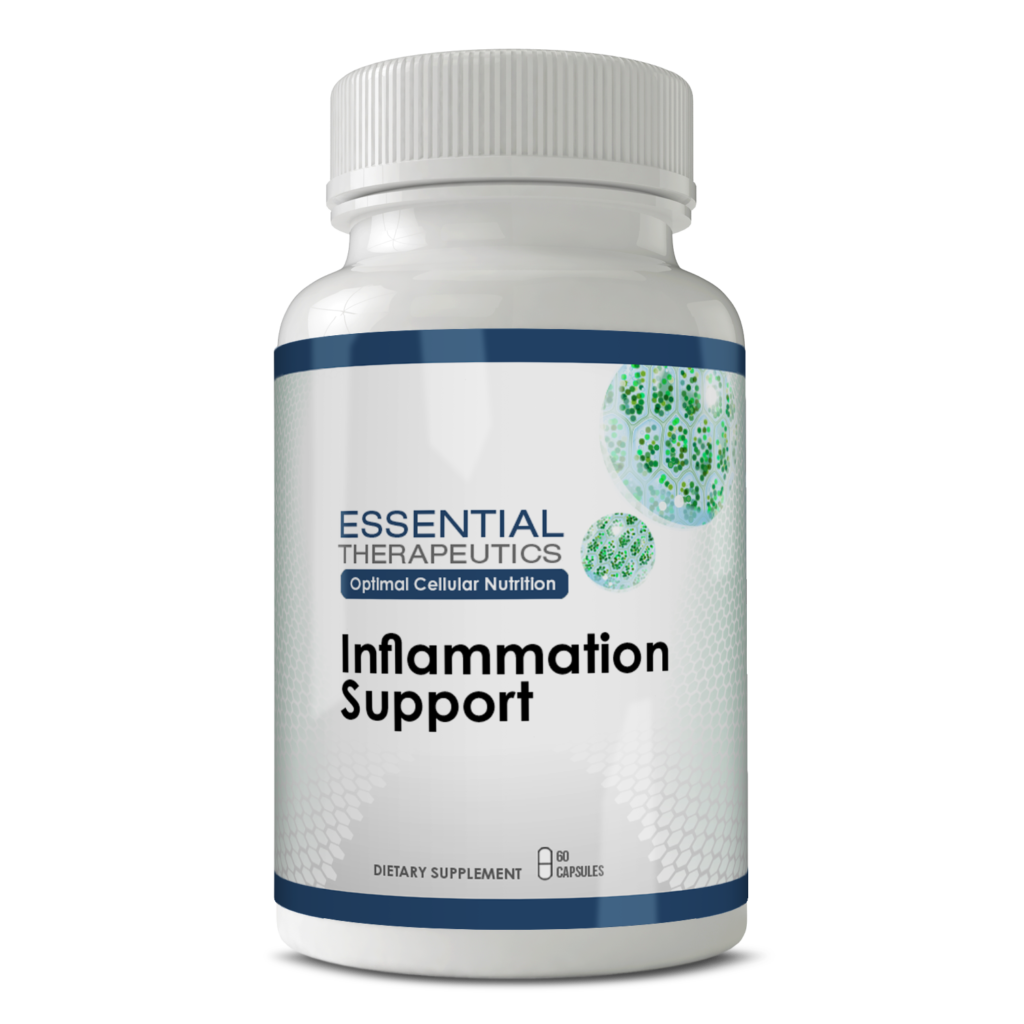
Inflammation support: for reducing inflammation associated with fibromyalgia, allergies, and chronic pain

Want To Lose Those Unwanted Pounds?
Lose half a pound a day on the 2Transform weight loss program.





